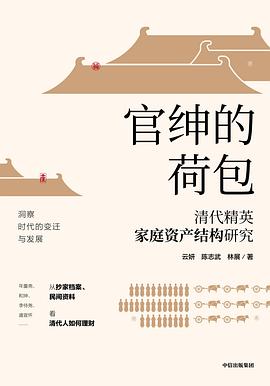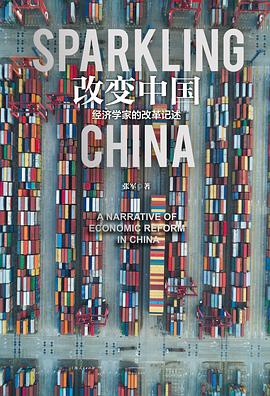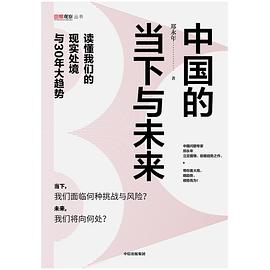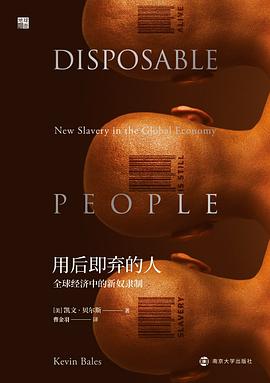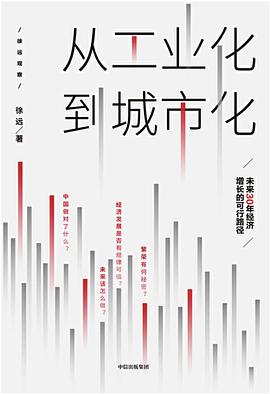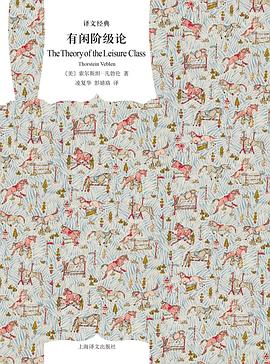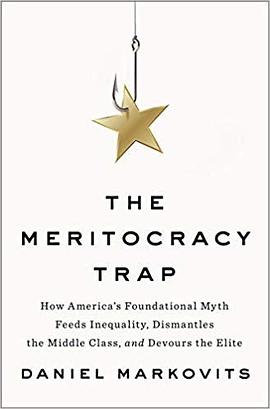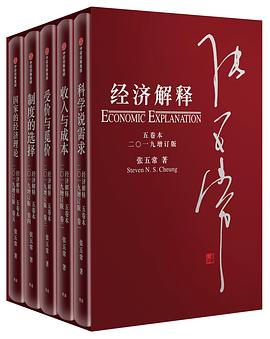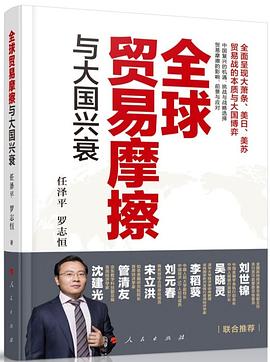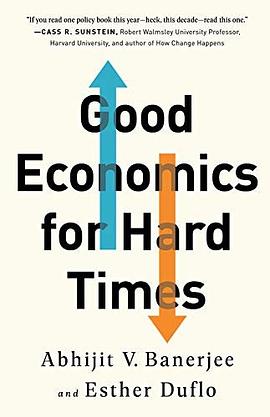

具体描述
Abhijit Banerjee is the Ford Foundation International Professor of Economics at the Massachusetts Institute of Technology, and a co-founder and co-director of the Abdul Latif Jameel Poverty Action Lab (J-PAL). In 2011, he was named one of Foreign Policy magazine's top 100 global thinkers. Banerjee served on the U.N. Secretary-General's High-level Panel of Eminent Persons on the Post-2015 Development Agenda. He lives in Cambridge, Massachusetts.
Esther Duflo is the Abdul Latif Jameel Professor of Poverty Alleviation and Development Economics in the Department of Economics at the Massachusetts Institute of Technology and a co-founder and co-director of the Abdul Latif Jameel Poverty Action Lab (J-PAL). Duflo is a member of the American Academy of Arts and Science, and has received numerous academic honors and prizes including the Princess of Asturias Award for Social Sciences (2015), the Infosys Prize (2014), the Dan David Prize (2013), a John Bates Clark Medal (2010), and a MacArthur "Genius Grant" Fellowship (2009). Duflo is a member of the President's Global Development Council and a Founding Editor of the American Economic Journal: Applied Economics, and is currently the editor of the American Economic Review. She lives in Cambridge, Massachusetts.
Two prize-winning economists show how economics, when done right, can help us solve the thorniest social and political problems of our day.
Figuring out how to deal with today's critical economic problems is perhaps the great challenge of our time. Much greater than space travel or perhaps even the next revolutionary medical breakthrough, what is at stake is the whole idea of the good life as we have known it.
Immigration and inequality, globalization and technological disruption, slowing growth and accelerating climate change--these are sources of great anxiety across the world, from New Delhi and Dakar to Paris and Washington, DC. The resources to address these challenges are there--what we lack are ideas that will help us jump the wall of disagreement and distrust that divides us. If we succeed, history will remember our era with gratitude; if we fail, the potential losses are incalculable.
In this revolutionary book, renowned MIT economists Abhijit V. Banerjee and Esther Duflo take on this challenge, building on cutting-edge research in economics explained with lucidity and grace. Original, provocative, and urgent, Good Economics for Hard Times makes a persuasive case for an intelligent interventionism and a society built on compassion and respect. It is an extraordinary achievement, one that shines a light to help us appreciate and understand our precariously balanced world.
用户评价
##[有声书] 梳理了几大社会、经济问题:移民、贸易(China shock)、经济增长停滞、全球变暖和经济发展、自动化、政府对一些民生问题的政策(的不给力和原因),等等。比较震惊的是关于growth的研究大概结论是:经济学家们并不知道什么因素促使经济发展/发展停滞,所以能做的就是让国民健康、教育水平等等提高,这样等发展的机会一来,大家都能跟上。感觉全书的落脚点是经济研究是好的,但最后落实都太差了,然后被一些政客钻空子。听起来觉得法国像是天堂一般 >_<
评分“经济”一词,在中文语境里的含义,往往是节约。节约什么呢?节约资源。无独有偶,经济学研究的核心也是资源,不过不仅是节约,而是所谓的资源配置。围绕着资源配置就有了经济学最关心的问题:经济增长和福利分配。这两个主题之热门,前有内生增长理论代表人物保罗·罗默获得...
评分##每章一个议题。移民和国际贸易非常非常棒,后面就开始水。GDP那一章,讲了几十页最后落在,诶不得而知呢。OK fine
评分##因为要给本科生开发展经济学的课,选定poor economics做教材后又读了这本新书,觉得比poor economics要好很多,把当下的很多热点问题:移民、国际贸易、AI、种族问题,都用很流畅的文字将各种观点和文献一一道来,有专业度又很容易读。推荐。
评分##每章一个议题。移民和国际贸易非常非常棒,后面就开始水。GDP那一章,讲了几十页最后落在,诶不得而知呢。OK fine
评分 评分 评分相关图书
本站所有内容均为互联网搜索引擎提供的公开搜索信息,本站不存储任何数据与内容,任何内容与数据均与本站无关,如有需要请联系相关搜索引擎包括但不限于百度,google,bing,sogou 等
© 2025 book.cndgn.com All Rights Reserved. 新城书站 版权所有


